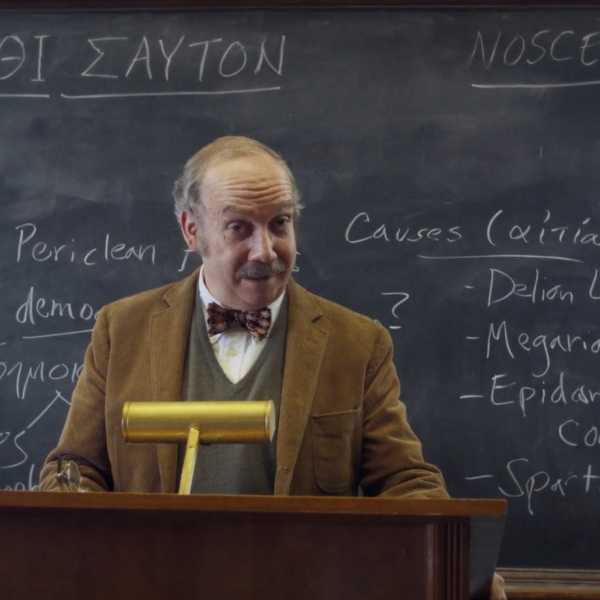For years, Josh Hartnett was trapped in the dreamboat status of Hollywood. He tried to break free of it by taking on darker roles in films like “The Faculty” and “Black Hawk Down,” but his chiseled features made it hard for audiences to see past his good looks. In a recent interview with Variety, Hartnett addressed this challenge, saying his role in Michael Bay’s “Pearl Harbor” was the straw that finally broke the camel’s back.
“I was still trying to figure out who I was,” Hartnett said. “Something of that magnitude that everybody knew about and sort of thought of me as the character, had an effect on me that I kicked back against. It was always something that I had to contend with at that age, and I was still trying to figure out what I meant to myself and to people around me.”
After his experience on the epic war film, Hartnett changed gears, performing in smaller, more niche projects like “Lucky Number Slevin” and “30 Days of Night” — projects that were more driven by creativity than box office draw.
“I love experimentation in film,” Hartnett said, later adding, “I’ve never been anti [mainstream films]; I just was anti-paint by numbers. I want to work with people who are, for lack of a better term, artists.”
Despite working steadily for over two decades, Hartnett still struggles with his heartthrob identity, but is now more open to doing bigger films like last year’s Best Picture winner “Oppenheimer.” Working with auteurs like Christopher Nolan and, more recently, M. Night Shyamalan on the upcoming concert thriller “Trap,” Hartnett has realized that he can balance being someone fans adore, as well as a true craftsman.
“I really wanted to be a serious actor,” Hartnett said of his developing years. “What I didn’t understand is that I was in an amazing position, working with terrific directors on terrific projects. For all intents and purposes, it didn’t matter how people viewed me in tabloids or whatever — as long as I was working within the industry. But I was too young to really understand that, to make the differentiation.”




